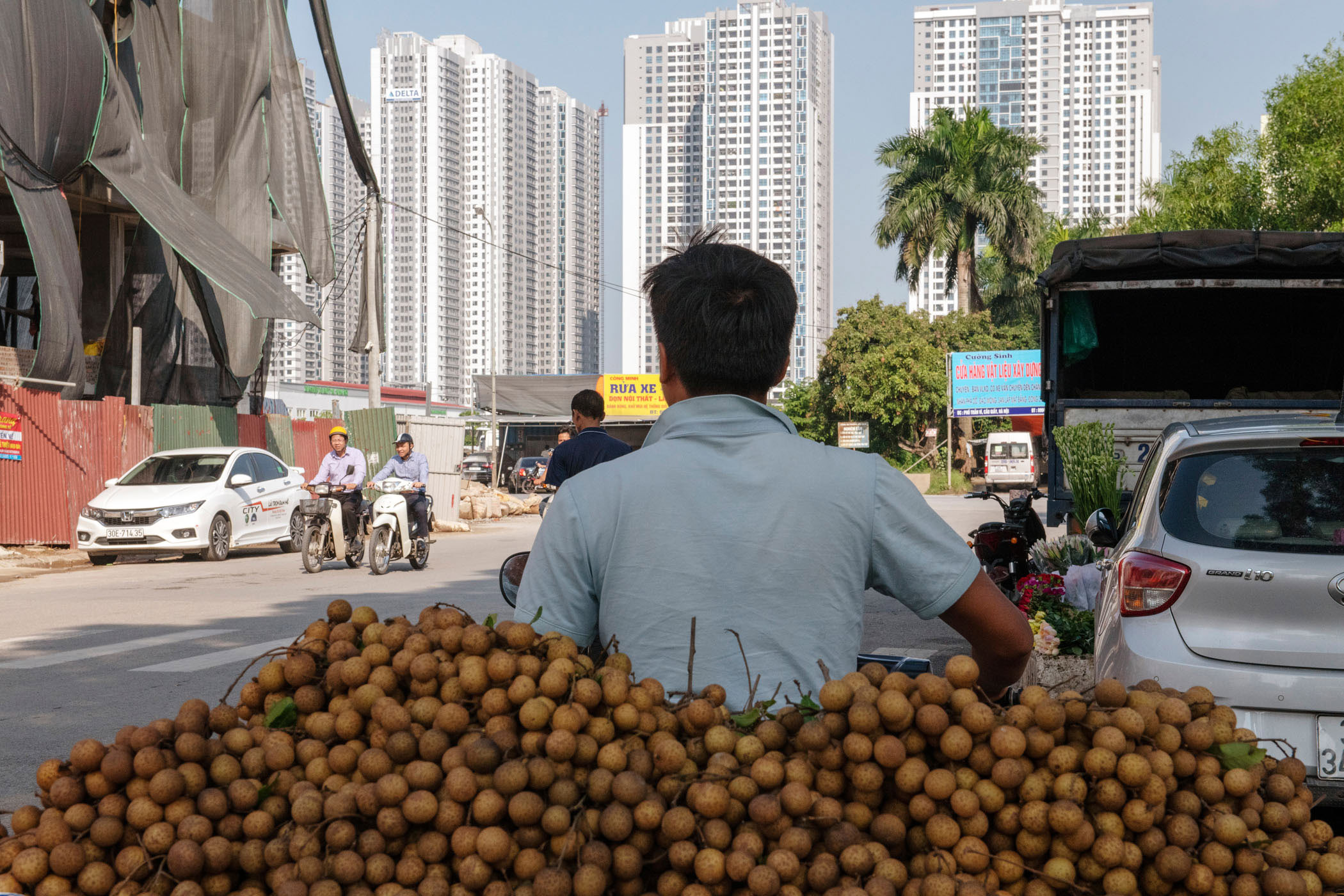As diets change, smallholder farmers and traders aim to keep the trust of their customers
For customers at Ly Thi Nguyen’s market stall in Hanoi, trust is everything.
“Recently, I have had problems because many customers were quite hesitant,” she says. “They were unsure how or where the vegetables were grown.”
Most of the food in Vietnam is bought in informal market stalls like Ly’s. But as the country’s economy develops, small growers and traders are facing competition from the formal sector, including from big supermarket chains.
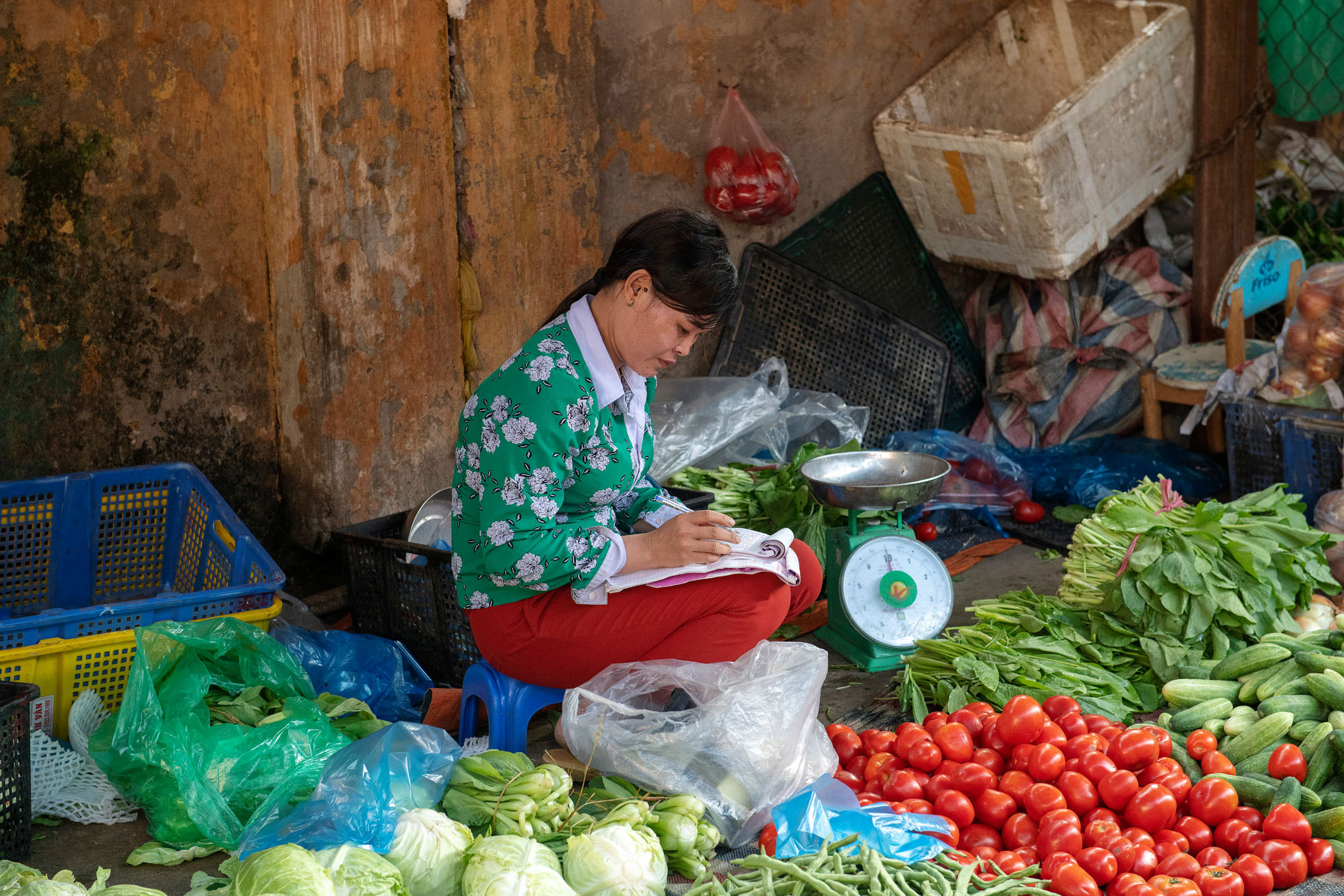

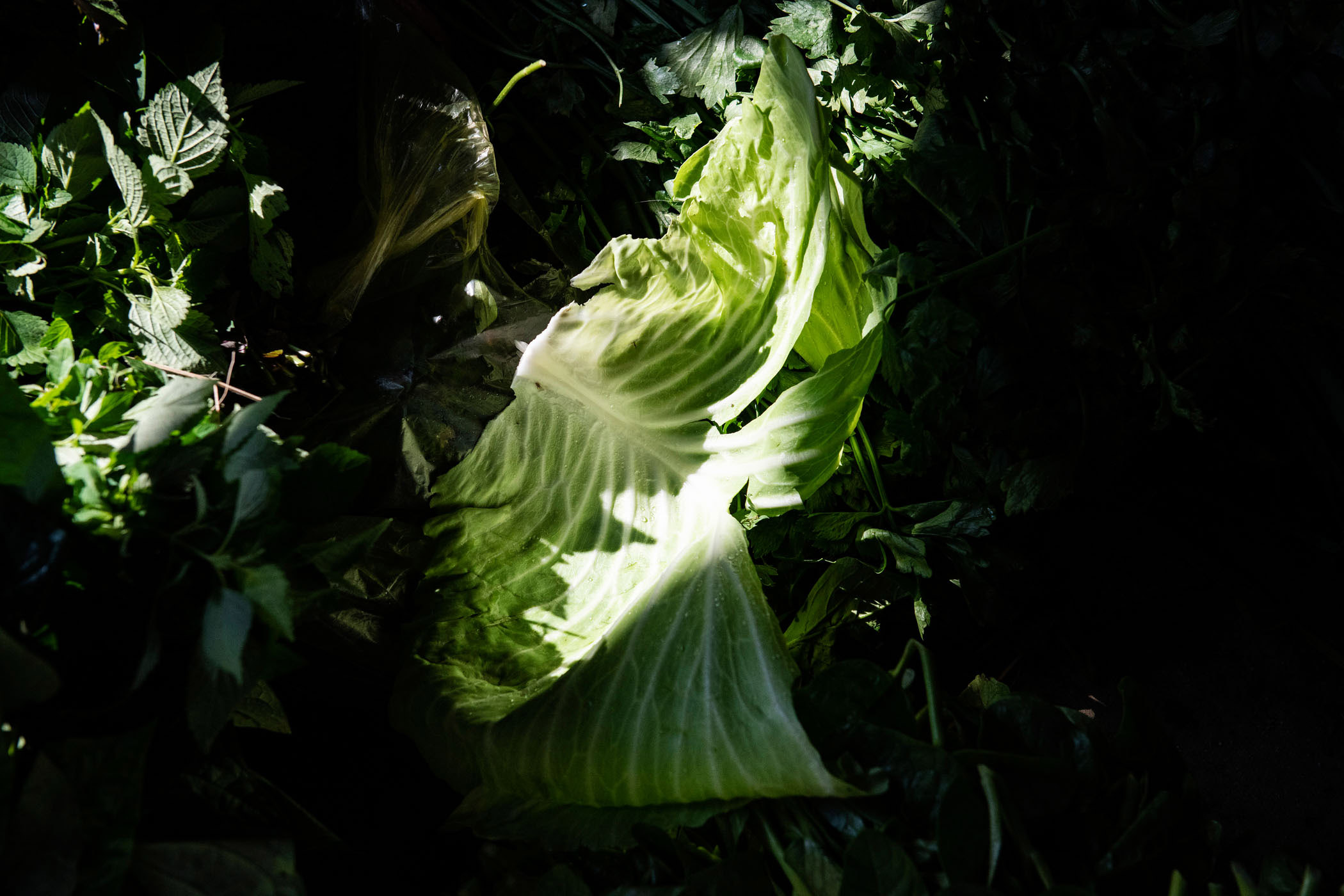
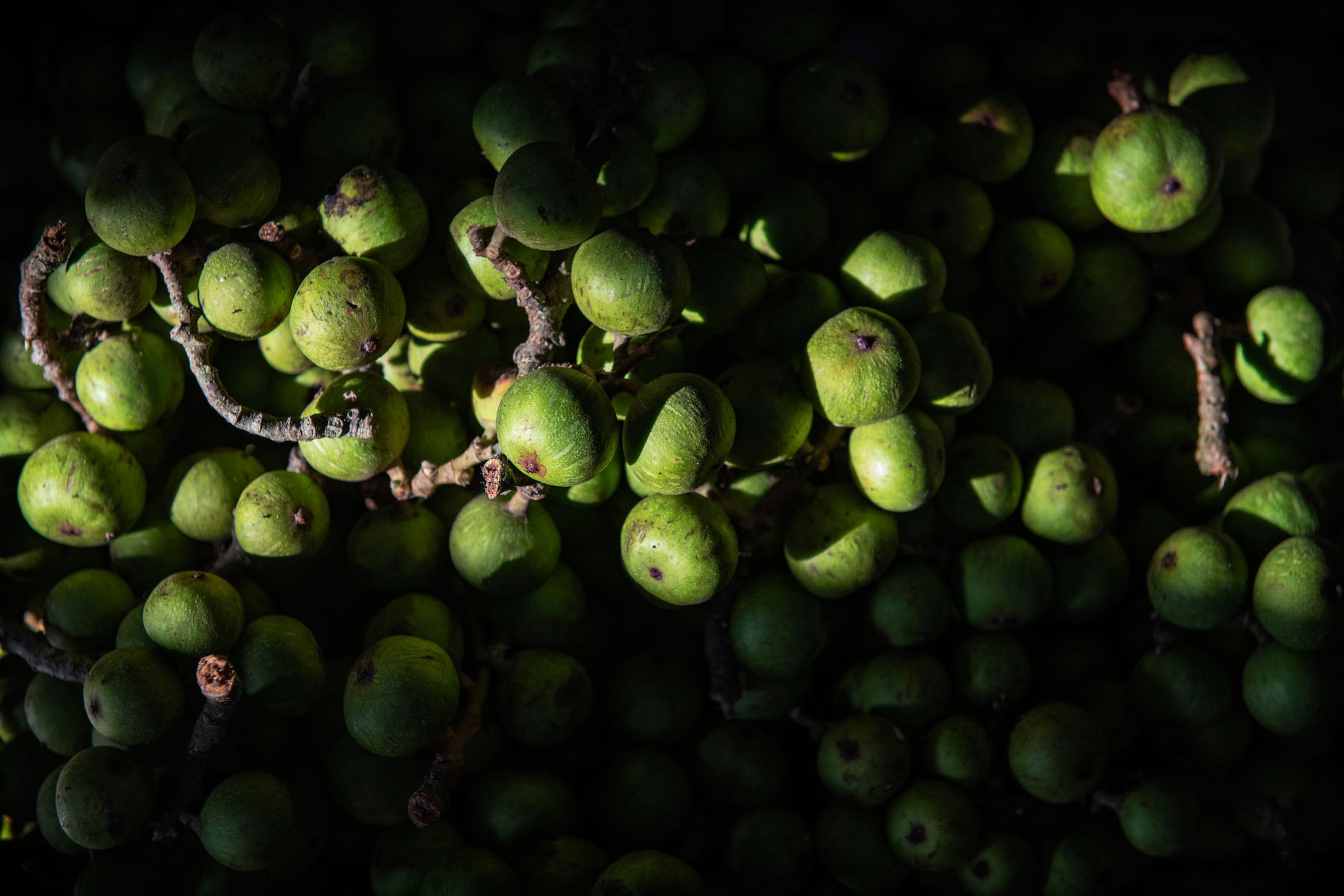
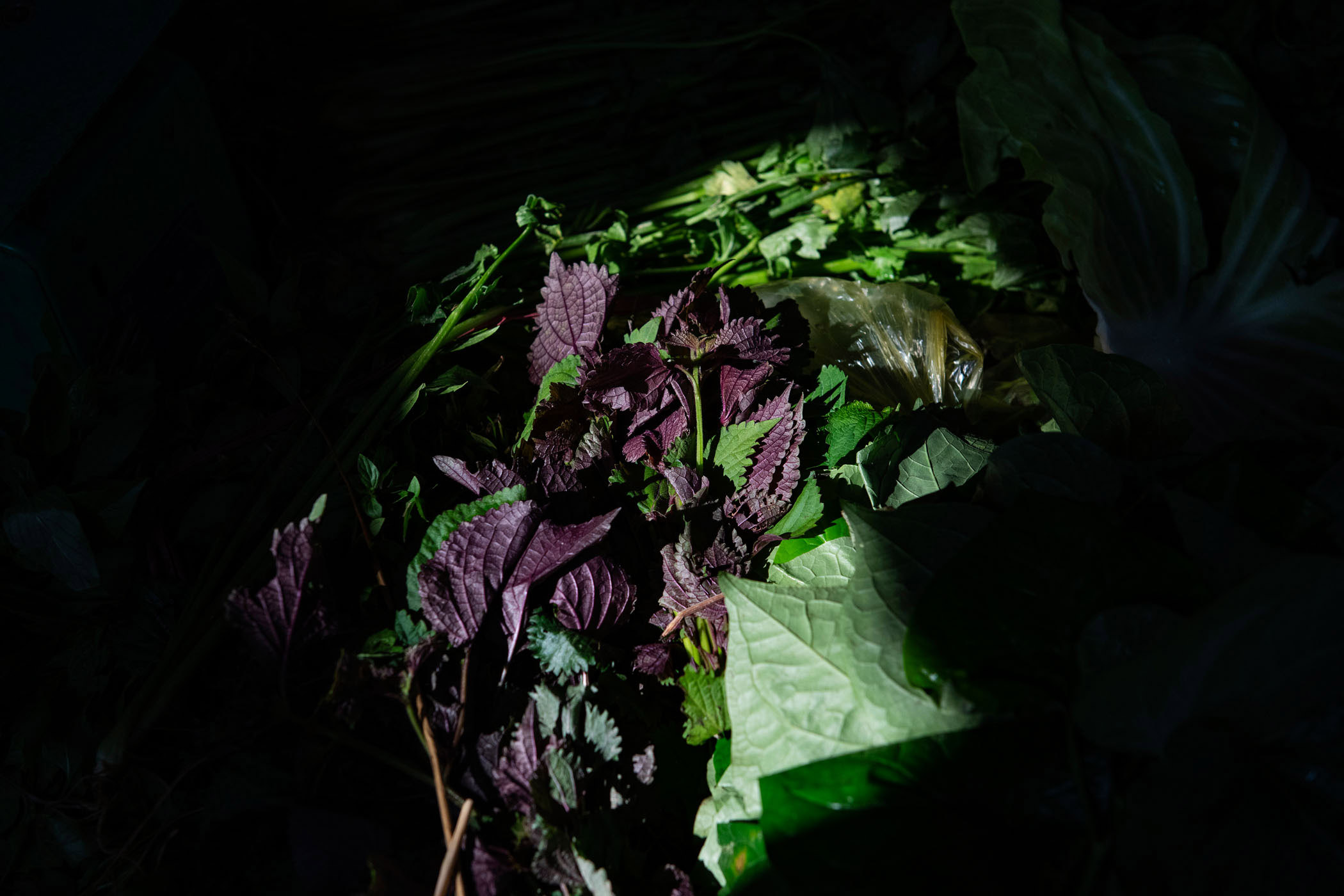
Traditional diets that have tended to be high in diversity and quality are also changing, resulting in a ‘double burden’ for nutrition, with under- and over-nutrition existing within the same population.
My customers were unsure how or where the vegetables were grown.
Ly Thi Nguyen
Smallholder farmers and traders need to keep up with a changing market, while maintaining the quality and safety of their produce.
This requires a better understanding of the food system as a whole, as well as any trade-offs or synergies that are occurring between health, inclusion and environmental sustainability.
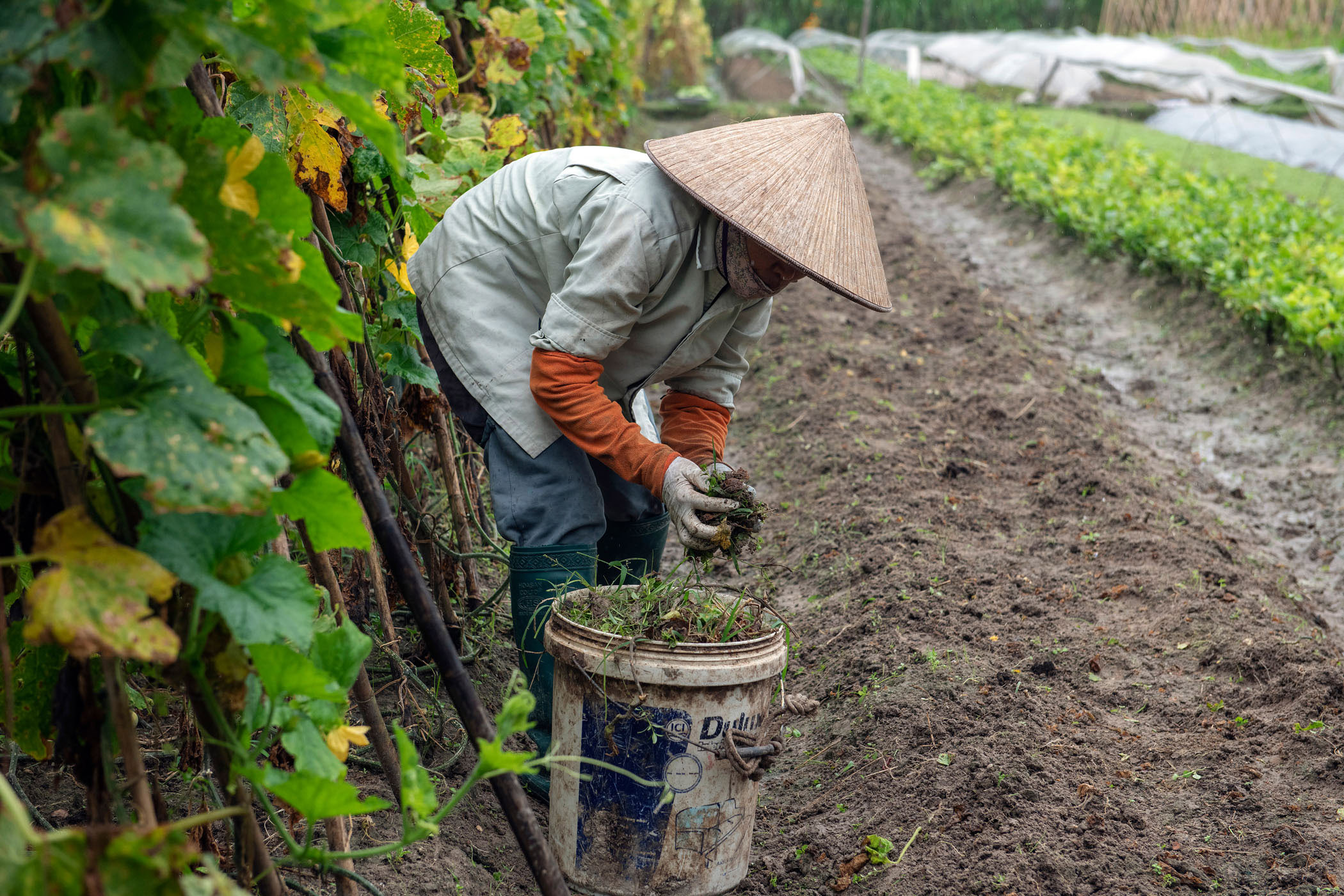
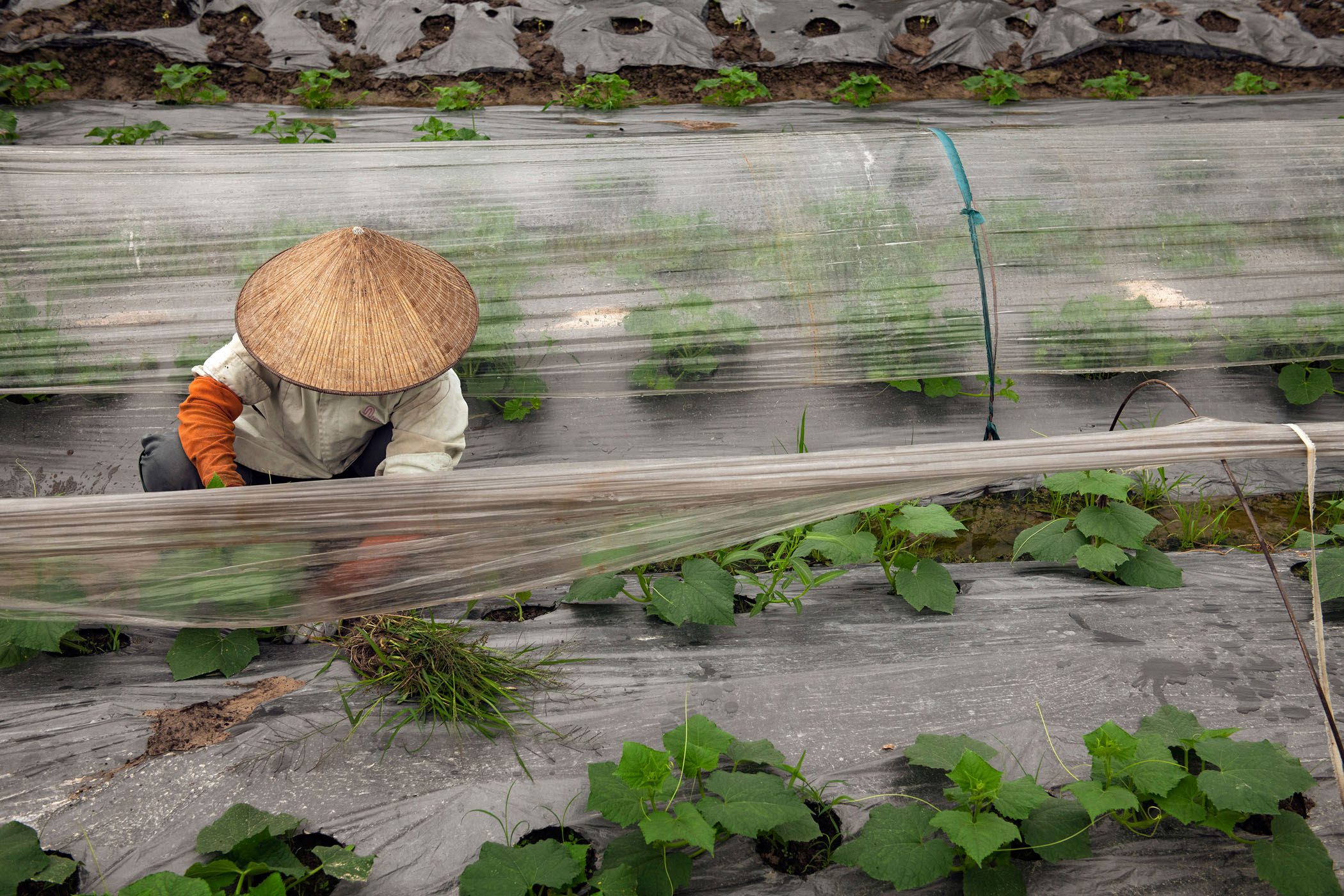
Dr Hung Nguyen from the CGIAR research center, is part of an interdisciplinary research team that is looking at transitions in Vietnam’s food systems at different scales, and aiming to identify entry points for improvement.
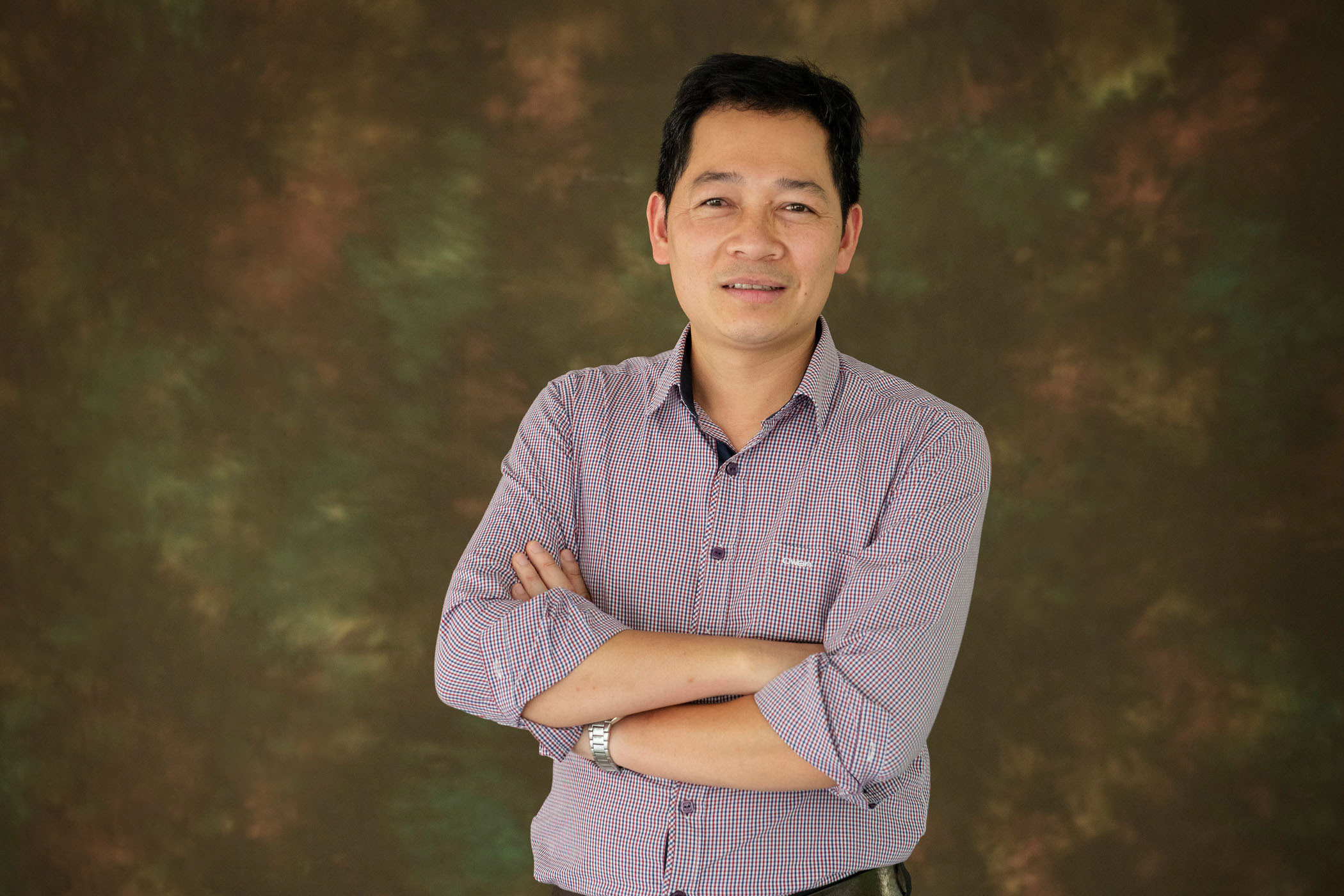
The joint research effort is coordinated by the CGIAR Research Program on Agriculture for Nutrition and Health (A4NH), involving Wageningen University & Research (WUR), international organization Rikolto and a wide range of local stakeholders – including Vietnam’s National Institute of Nutrition (NIN) and the Institute for Policy and Strategy for Agriculture and Rural Development (IPSARD).
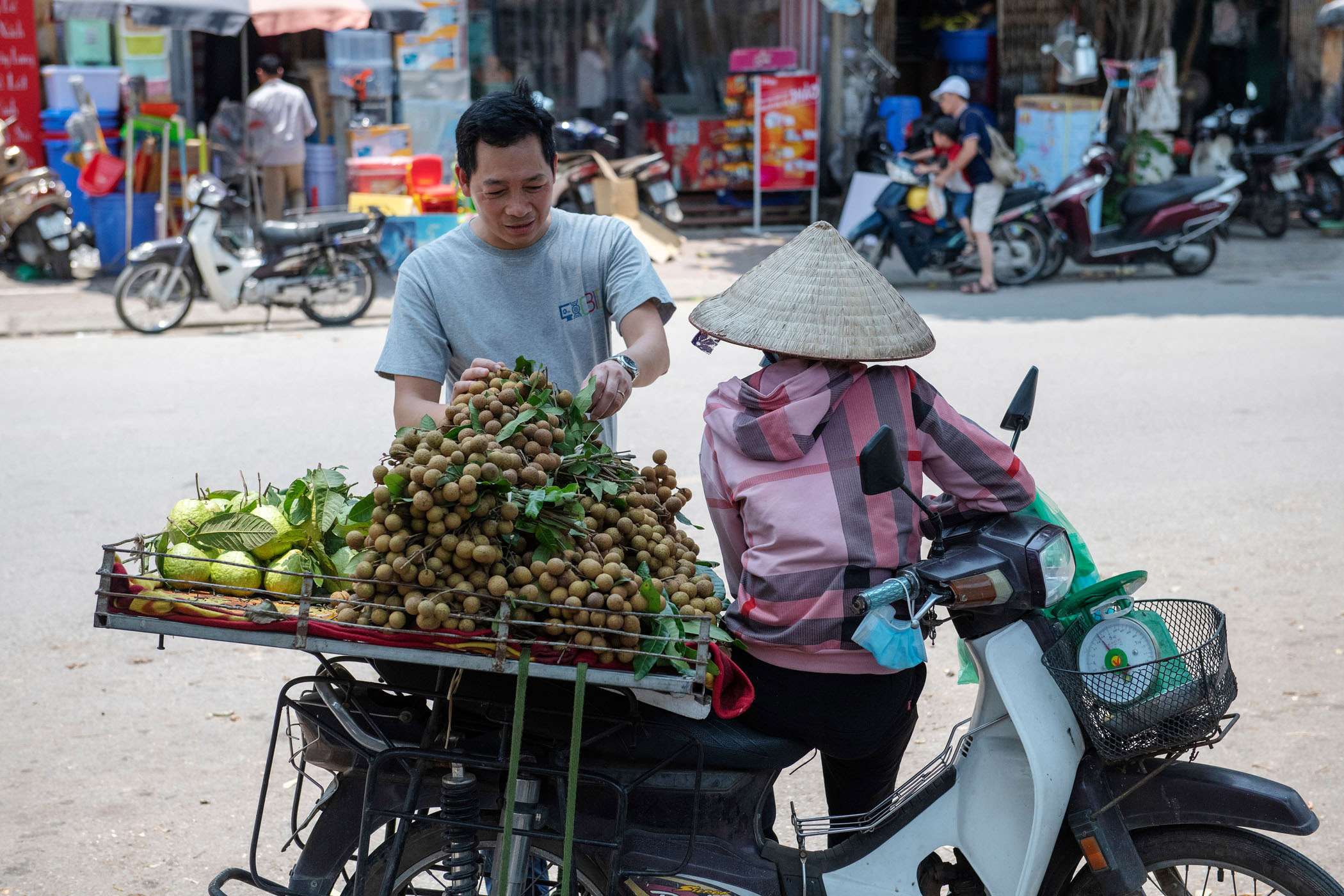
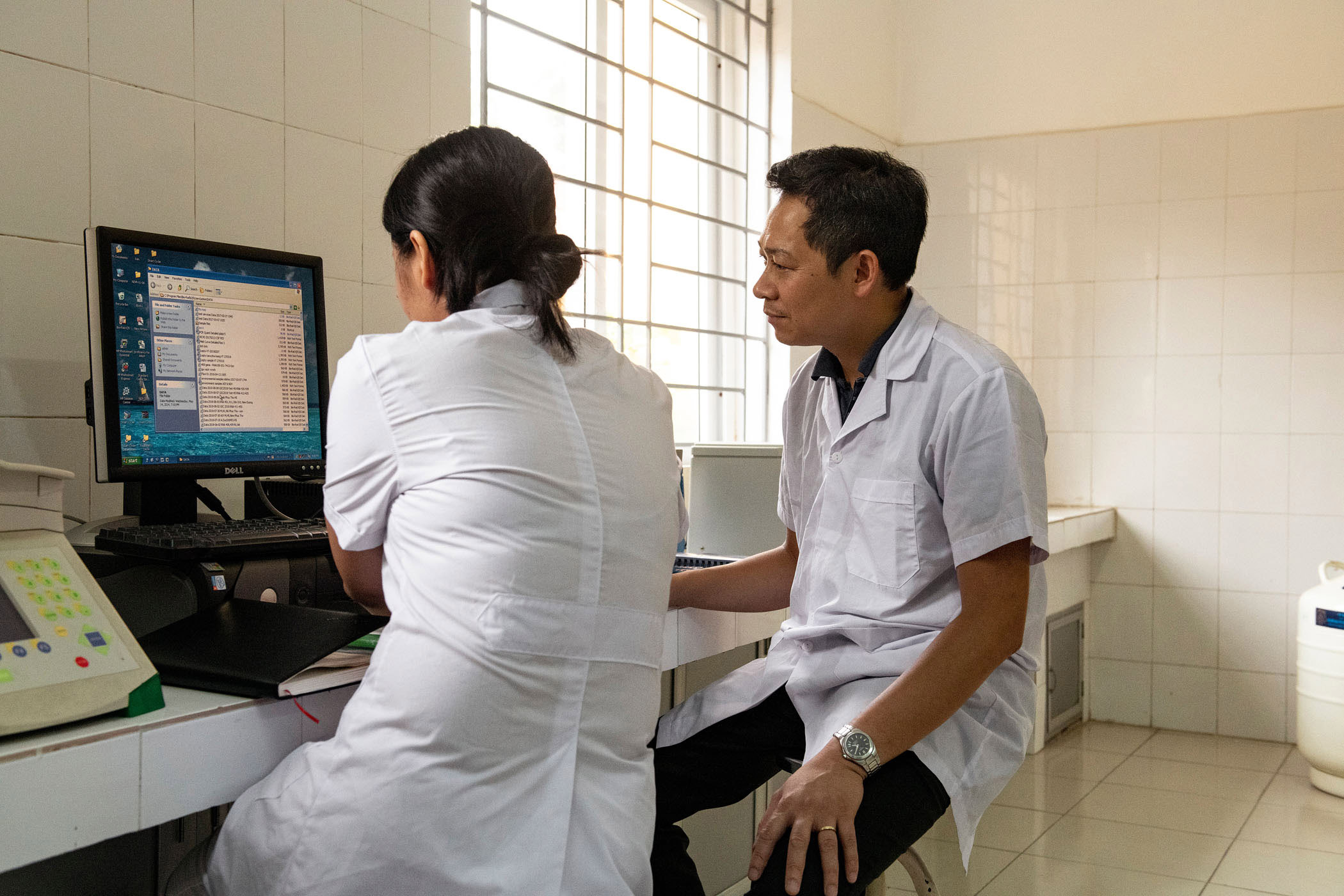
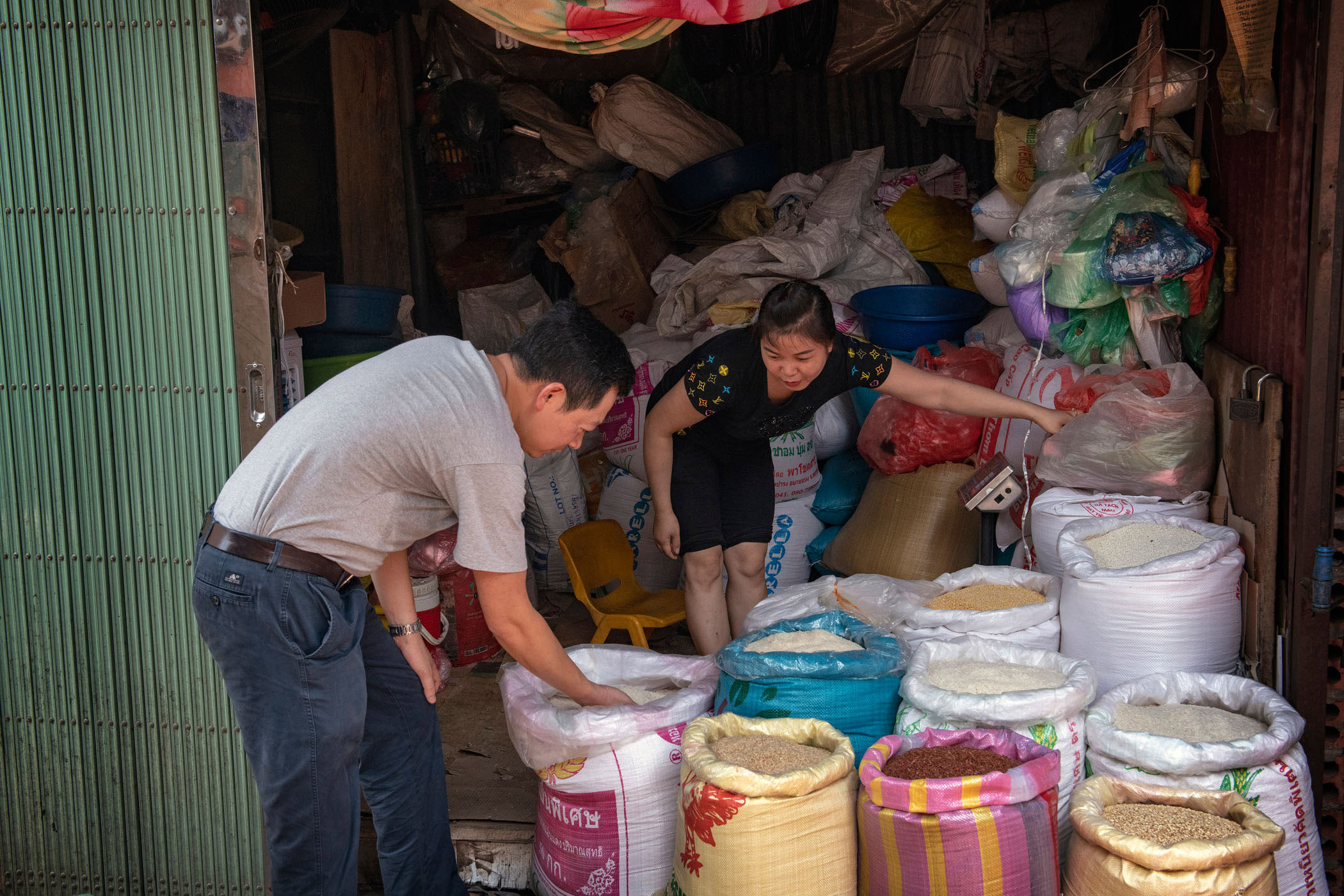
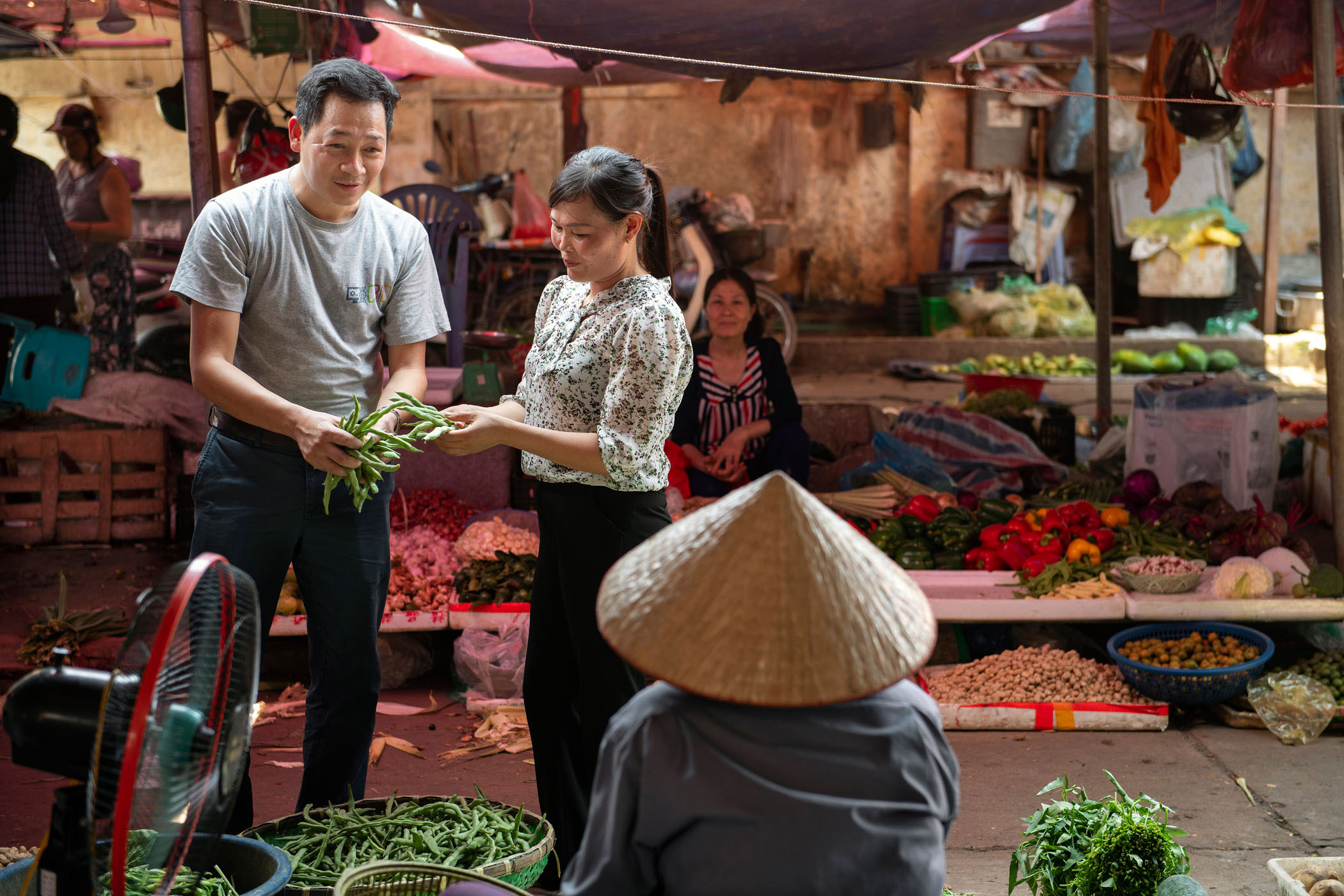
One of the main challenges when working in food systems and food safety in Vietnam is really the trust of the consumer.
Hung Nguyen, CGIAR researcher
Health and nutrition outcomes are the major focus for the team, with food systems research and baseline assessments now being carried out in markets and schools.
“I try to generate evidence on the impact of foodborne diseases on the population, but also to understand how food systems work in the developing context of Vietnam,” Hung says.
“Hopefully, some of this evidence will contribute to changing the life of the population, in particular our farmers, our traders, and our food consumers.” Moving forward, vendors like Ly are open to change.
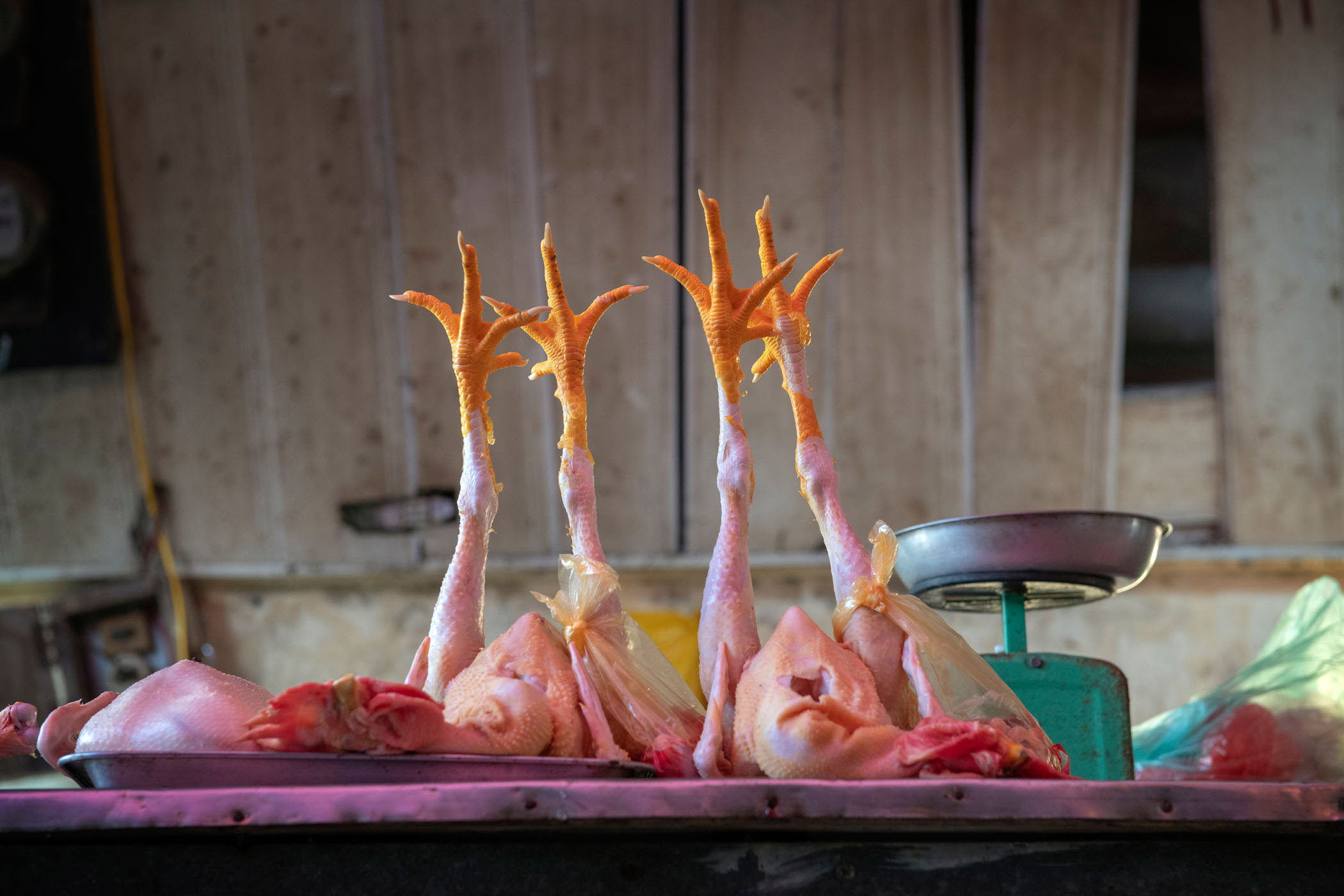
In the future I’d like to see the market change its look.
Ly Thi Nguyen, market trader
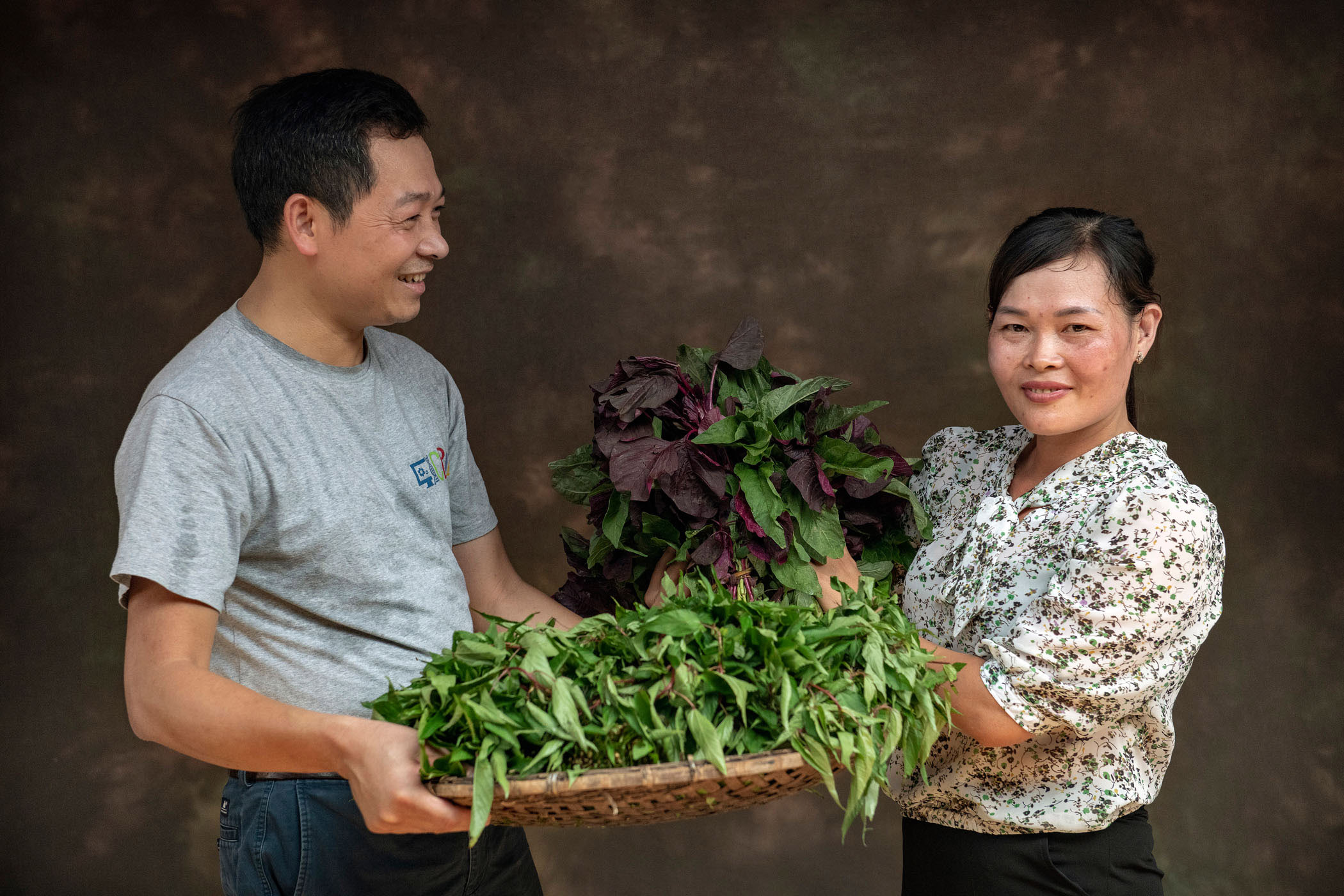
“Electricity should be properly supplied to enable better preservation of the vegetables. This will mean that consumers can see that hygiene-wise, the vegetables are very clean and they can be more assured in their consumption.”
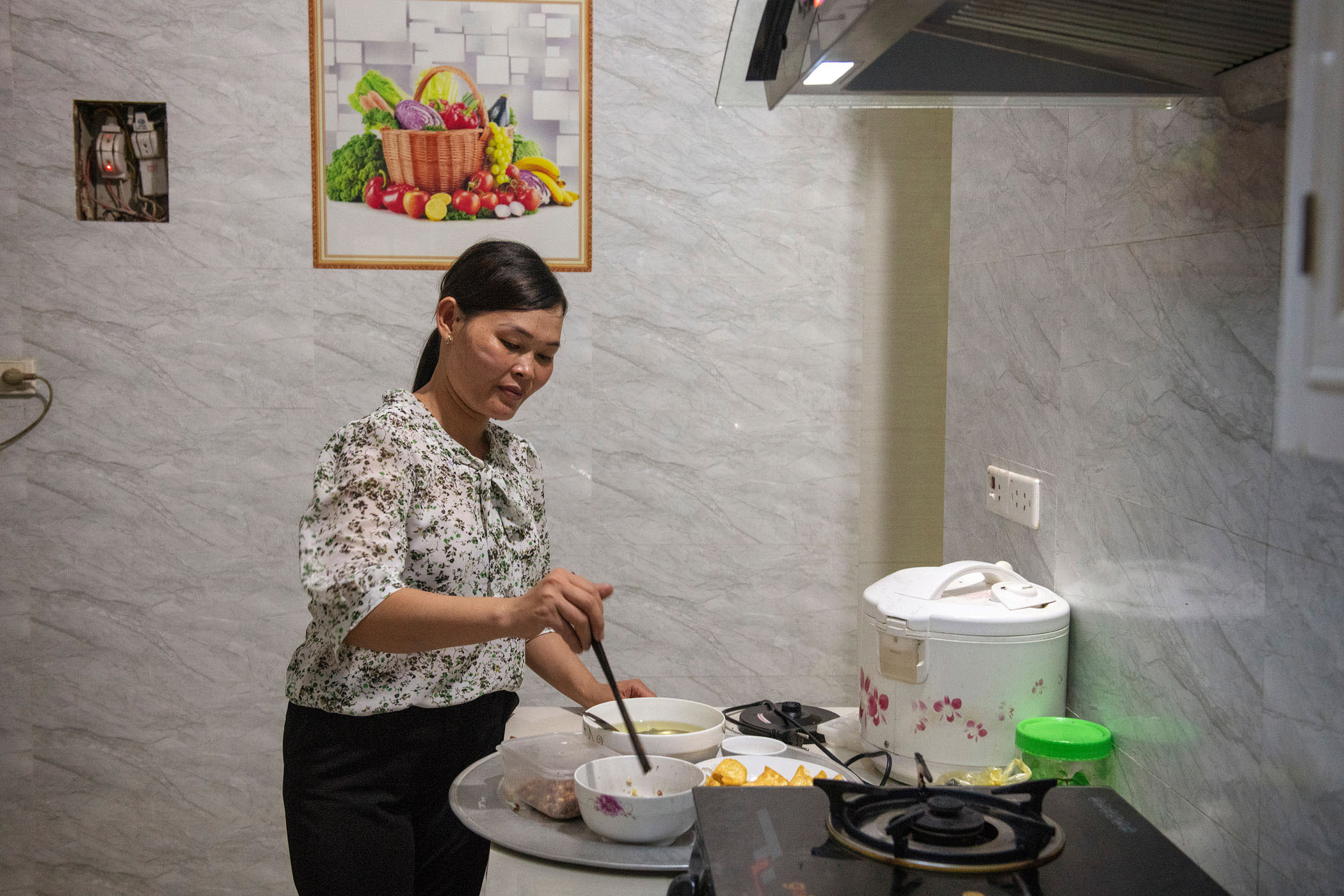
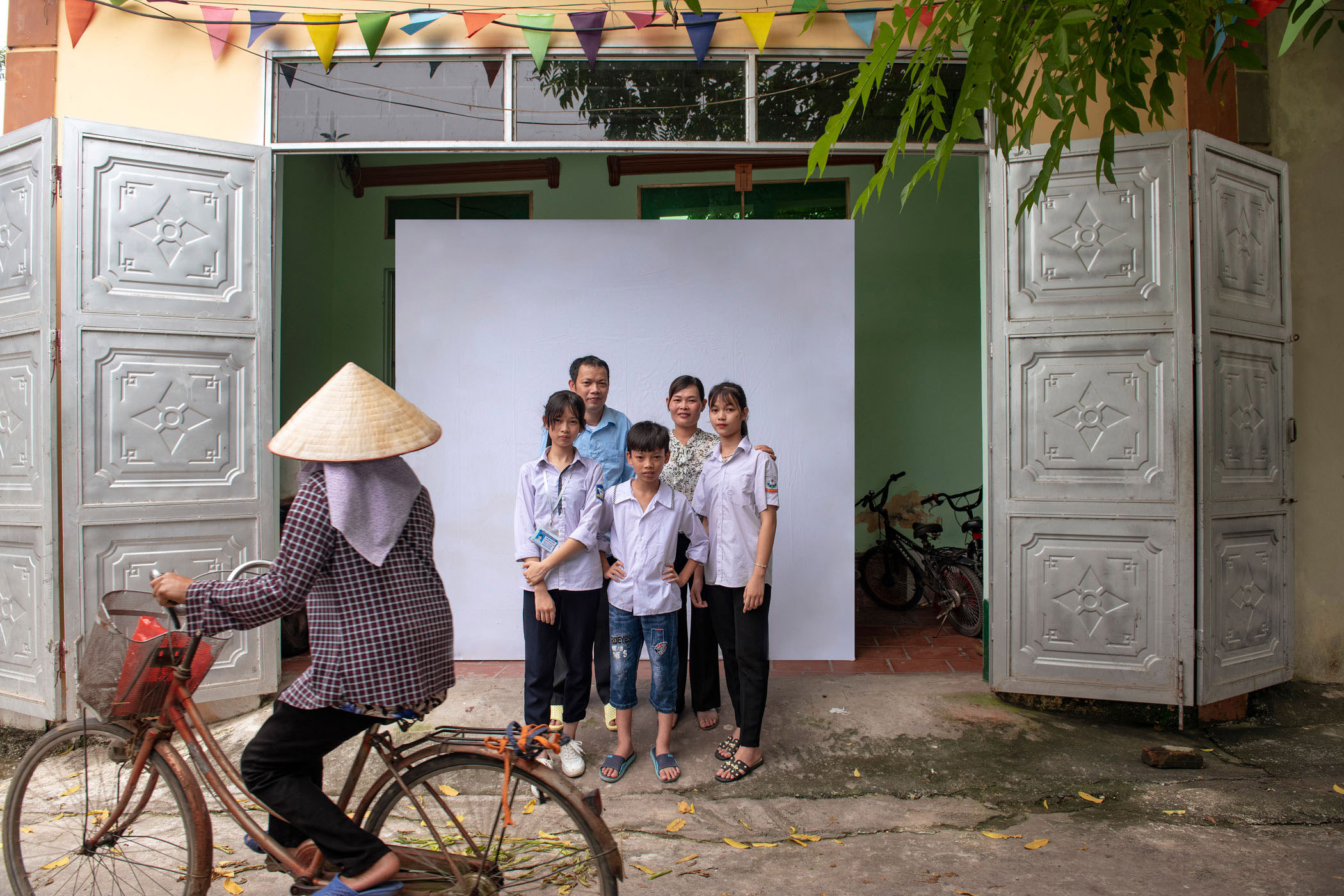
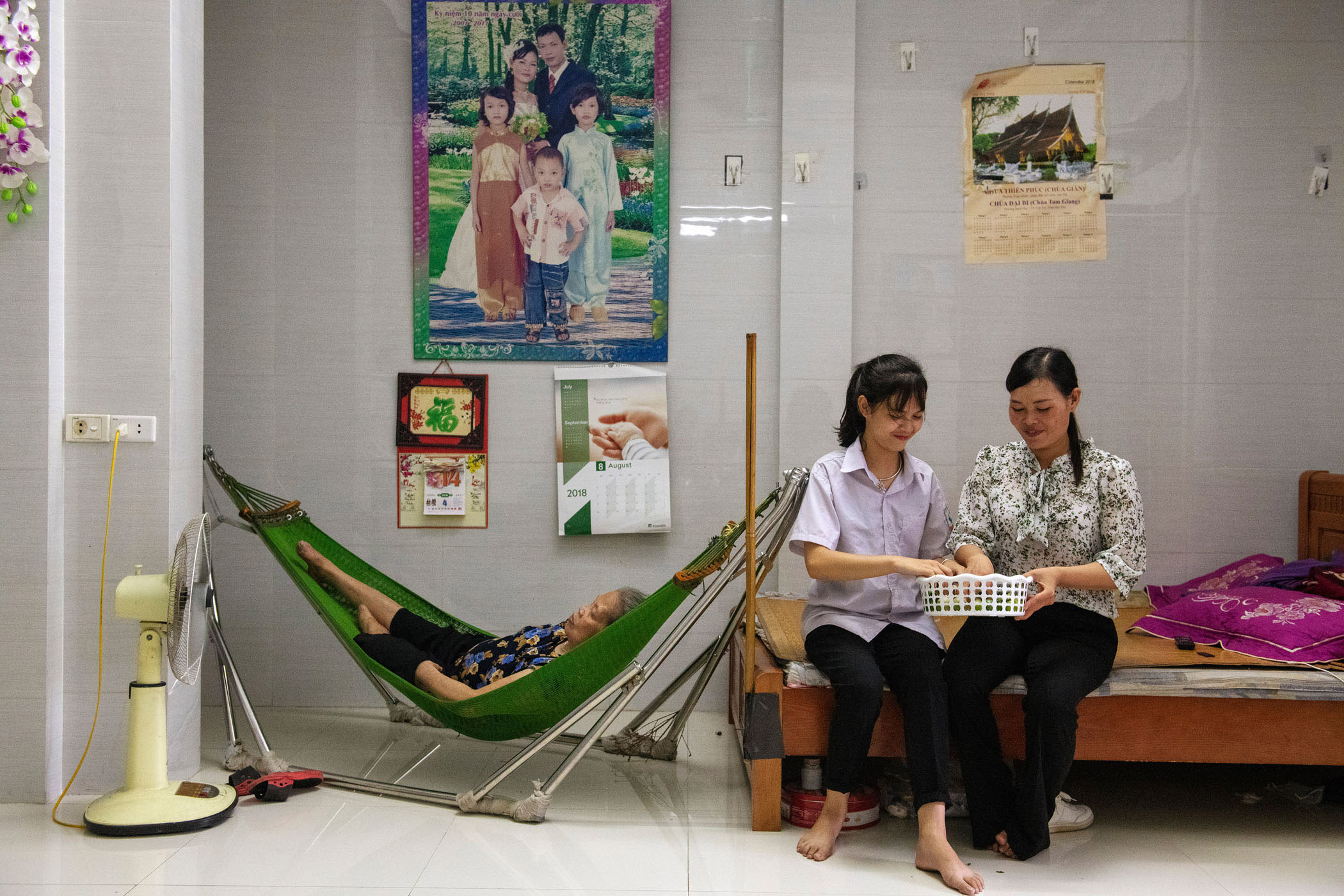
Dr Hung says that although Vietnam already has a modern food safety regulatory framework in place, more results-focused and risk-based approaches are needed to further improve the country’s food safety.
For now, he agrees with Ly that the main goal is to return the trust to consumers that they can access good quality, nutritious and fairly priced food.
“One of the main challenges when working in food systems and food safety in Vietnam is really the trust of the consumer,” he says.
